Home>Home Appliances>Cleaning Appliances>What To Put In A Spray Mop
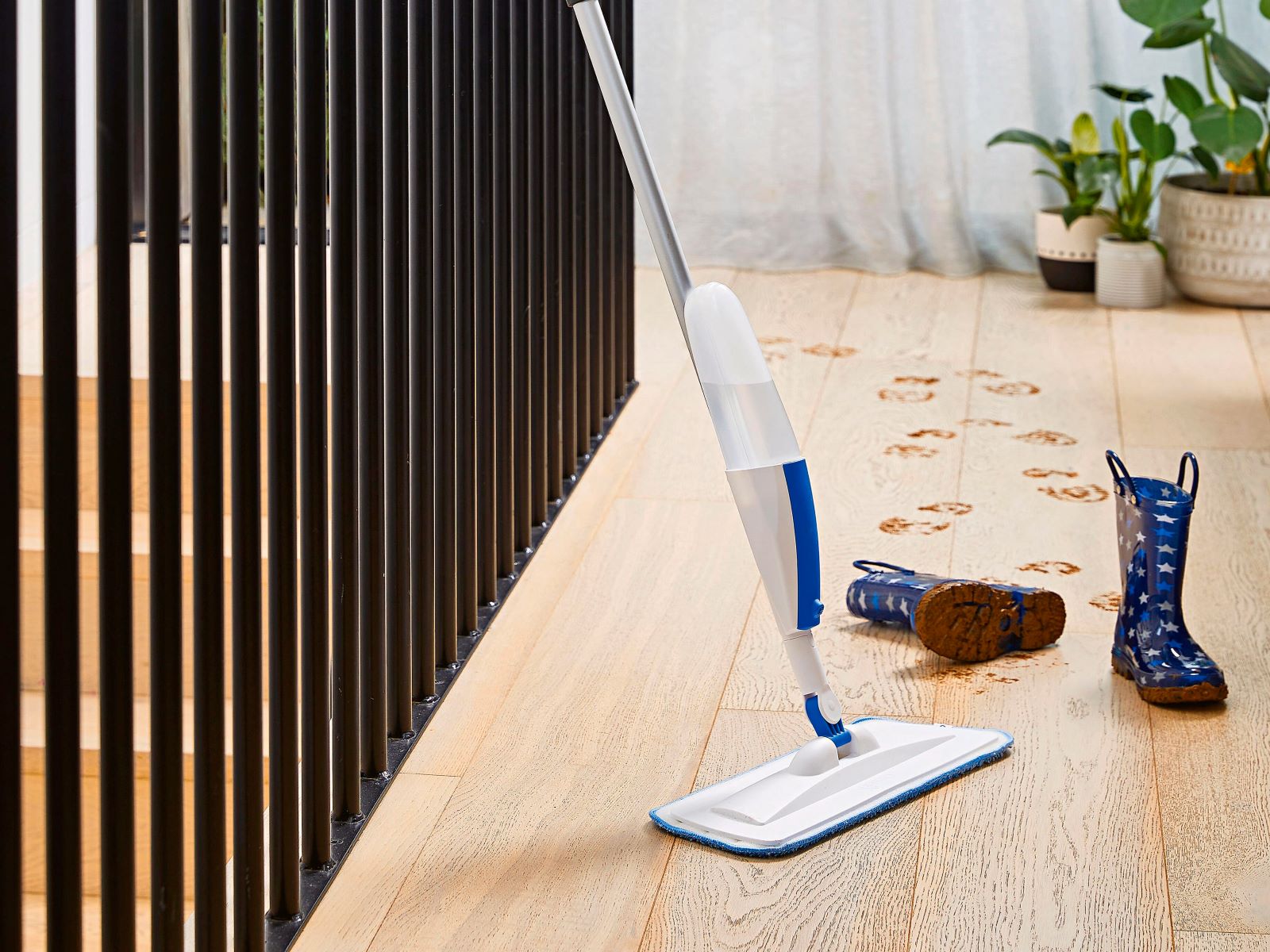

Cleaning Appliances
What To Put In A Spray Mop
Modified: August 17, 2024
Discover the best cleaning solutions for your spray mop and keep your floors sparkling clean with these top tips and recommendations for cleaning appliances.
(Many of the links in this article redirect to a specific reviewed product. Your purchase of these products through affiliate links helps to generate commission for Storables.com, at no extra cost. Learn more)
Introduction
When it comes to keeping your floors sparkling clean, a spray mop can be a game-changer. Not only does it make the cleaning process more efficient, but it also allows for the use of a variety of cleaning solutions to tackle different types of messes. However, choosing the right solution for your spray mop can be a daunting task. The good news is that there are several options for what to put in a spray mop, ranging from simple water to specialized floor cleaners. In this article, we’ll explore the best options for filling your spray mop to achieve optimal cleaning results.
Whether you’re dealing with sticky spills, muddy footprints, or simply want to give your floors a refreshing clean, the choice of what to put in your spray mop can make a significant difference. Let’s dive into the various options and their benefits to help you make an informed decision for your cleaning routine.
Key Takeaways:
- Choose water for gentle, eco-friendly cleaning. It’s versatile for regular maintenance and DIY solutions, perfect for sensitive floors and homes with pets or kids.
- Opt for specialized floor cleaners for targeted care. They ensure compatibility, protection, and extra benefits like odor control and allergen reduction.
Read more: What Can I Spray On A Dust Mop?
Water
One of the simplest and most cost-effective options for filling your spray mop is good old-fashioned water. Using water alone can be effective for regular maintenance cleaning or for floors that only require a light touch-up. It’s especially suitable for hardwood floors, laminate, and other surfaces that are sensitive to harsh chemicals. Additionally, if you have pets or small children who spend a lot of time on the floor, using just water eliminates any concerns about chemical residues.
Water is a universal solvent, capable of dissolving many substances, making it a versatile cleaning agent. When using water in your spray mop, it’s essential to ensure that it’s clean and free from impurities to avoid leaving streaks or residue on your floors. For best results, consider using distilled water, which is free from minerals and impurities that can cause streaking.
While water alone may not be sufficient for heavy-duty cleaning tasks or stubborn stains, it can serve as an excellent base for creating DIY cleaning solutions. By adding other natural ingredients such as vinegar, essential oils, or lemon juice to water, you can customize your cleaning solution to suit your specific needs.
Overall, water is a safe, budget-friendly, and eco-friendly option for filling your spray mop. It provides a gentle yet effective way to maintain the cleanliness of your floors without the need for harsh chemicals.
Cleaning Solution
When it comes to deep cleaning and tackling tough stains, using a dedicated cleaning solution in your spray mop can provide the extra cleaning power needed to achieve spotless floors. There are various commercial cleaning solutions available on the market specifically formulated for different types of flooring, including hardwood, laminate, tile, and vinyl. These solutions are designed to cut through grease, grime, and dirt without leaving residue or dulling the floor’s finish.
Opting for a ready-to-use cleaning solution designed for your specific type of flooring ensures that you are using a product that is compatible with the surface and finish. Many of these solutions come in convenient spray bottles, making them easy to use with your spray mop. They are formulated to dry quickly, leaving your floors clean and streak-free.
When selecting a cleaning solution for your spray mop, it’s essential to consider factors such as the ingredients, scent, and any specific requirements for your type of flooring. Some cleaning solutions are enriched with natural ingredients such as plant-based surfactants, making them safe for both your family and the environment. Additionally, you may want to choose a solution with a pleasant fragrance to leave your home smelling fresh after cleaning.
For those who prefer a DIY approach, it’s possible to create a homemade cleaning solution by mixing water with gentle dish soap or liquid Castile soap. This homemade solution can be an effective and economical alternative to commercial products, especially for routine cleaning tasks.
Regardless of whether you opt for a commercial cleaning solution or a DIY mixture, using a cleaning solution in your spray mop can provide a deeper clean and help maintain the beauty of your floors for years to come.
Vinegar
Vinegar is a versatile and natural cleaning agent that can be used effectively in a spray mop to clean a variety of flooring surfaces. Its acidic nature makes it an excellent choice for cutting through grease, removing odors, and dissolving mineral deposits, making it particularly suitable for tile, linoleum, and laminate floors.
When using vinegar in your spray mop, it’s essential to dilute it with water to avoid any potential damage to the floor’s finish. A common dilution ratio is one part vinegar to four parts water, although this can be adjusted based on the level of cleaning required. This mild acidic solution is gentle enough for regular use and can effectively remove dirt and grime without leaving a residue.
One of the benefits of using vinegar is its natural disinfecting properties. It can help eliminate bacteria, germs, and certain types of mold, making it an ideal choice for households with pets or children. Additionally, vinegar is an eco-friendly option that is safe for the environment and poses no harm to indoor air quality.
For those concerned about the smell of vinegar, especially in indoor spaces, adding a few drops of essential oils such as lavender, lemon, or tea tree oil to the solution can help create a more pleasant aroma while retaining the cleaning power of the vinegar.
It’s important to note that while vinegar is a versatile and effective cleaning agent, it may not be suitable for use on certain types of flooring, such as natural stone or waxed wood. Before using vinegar in your spray mop, always check the manufacturer’s recommendations for your specific type of flooring to ensure compatibility.
Overall, vinegar is a budget-friendly, natural, and multi-purpose cleaning solution that can be a valuable addition to your cleaning routine when used appropriately in a spray mop.
Essential Oils
Essential oils are not only prized for their aromatic qualities but also for their natural cleaning and disinfecting properties, making them a fantastic addition to your spray mop solution. When combined with water or vinegar, essential oils can enhance the cleaning power of your solution while leaving behind a delightful fragrance.
One of the most popular essential oils for cleaning is tea tree oil, renowned for its antibacterial and antifungal properties. Adding a few drops of tea tree oil to your spray mop solution can help eliminate germs and odors, making it an excellent choice for cleaning high-traffic areas or spaces prone to moisture, such as bathrooms and kitchens.
Lemon essential oil is another favorite for cleaning due to its refreshing scent and natural degreasing properties. When incorporated into your spray mop solution, lemon essential oil can help cut through grease and grime while leaving a lingering citrus fragrance. It’s particularly effective for cleaning hardwood and tile floors.
Lavender essential oil, with its calming and antibacterial properties, is a great option for creating a relaxing and clean atmosphere in your home. When used in your spray mop solution, it can help deodorize and freshen the floors, making it ideal for bedrooms and living areas.
When using essential oils in your spray mop, it’s important to exercise caution and use them sparingly. Essential oils are highly concentrated, and a little goes a long way. Start with a small number of drops, and adjust based on your preference for scent and cleaning strength.
It’s worth noting that while essential oils can enhance the cleaning experience and provide natural fragrance, they should be used with care, especially around pets. Some essential oils can be toxic to animals, so it’s important to research and select oils that are safe for use in homes with pets.
By incorporating essential oils into your spray mop solution, you can elevate the cleaning experience, infuse your home with delightful scents, and harness the natural cleaning properties of these aromatic wonders.
To use a spray mop effectively, fill the reservoir with a mixture of water and floor cleaner. Avoid using too much cleaner, as it can leave a sticky residue. Always follow the manufacturer’s instructions for the best results.
Read more: What To Put In Shark Steam Mop
Baking Soda
Baking soda, also known as sodium bicarbonate, is a household staple renowned for its versatility in cleaning, deodorizing, and scouring. When used in conjunction with your spray mop solution, baking soda can provide powerful cleaning and odor-neutralizing benefits for a variety of flooring surfaces.
One of the key attributes of baking soda is its gentle abrasive nature, which makes it effective for lifting and removing stubborn stains and grime from floors without scratching or damaging the surface. It is particularly useful for tackling scuff marks, grease spots, and spills on tile, linoleum, and laminate floors.
When incorporating baking soda into your spray mop solution, you can create a simple yet effective cleaning blend by mixing it with water or a mild cleaning solution. This combination can help break down dirt and residue, leaving your floors clean and refreshed. For added cleaning power, you can also combine baking soda with vinegar, creating a natural foaming action that aids in lifting dirt and stains.
In addition to its cleaning prowess, baking soda is renowned for its odor-absorbing properties. It can help neutralize and eliminate unpleasant odors from carpets, rugs, and other flooring surfaces, leaving your home smelling fresh and clean. This makes it an excellent choice for households with pets or areas prone to lingering odors.
For deep cleaning tasks, especially in high-traffic areas or heavily soiled spots, you can create a paste using baking soda and water and apply it directly to the affected areas before mopping. This targeted approach can help tackle tough stains and grime, restoring the beauty of your floors.
It’s important to note that while baking soda is a safe and natural cleaning agent, it may not be suitable for all types of flooring. Always test a small, inconspicuous area before using baking soda on your floors to ensure compatibility with the surface and finish.
By harnessing the cleaning and deodorizing power of baking soda in your spray mop solution, you can achieve thorough and refreshing results, enhancing the cleanliness and appeal of your floors.
Lemon Juice
Lemon juice is a natural and refreshing ingredient that can be a valuable addition to your spray mop solution, offering both cleaning and deodorizing benefits for a variety of flooring types. Its acidic nature makes it effective for cutting through grease, removing stains, and leaving behind a fresh citrus scent, making it an excellent choice for enhancing your cleaning routine.
When using lemon juice in your spray mop solution, it’s important to dilute it with water to avoid any potential damage to the floor’s finish. A common dilution ratio is one part lemon juice to three parts water, although this can be adjusted based on the level of cleaning required. This mild acidic solution can help dissolve dirt and grime, leaving your floors clean and revitalized.
One of the key advantages of incorporating lemon juice into your cleaning routine is its natural degreasing properties. It can effectively cut through oily residues and spills, making it particularly suitable for kitchen floors and areas prone to grease buildup. Additionally, lemon juice can help brighten and refresh the appearance of dull or stained floors, adding a natural shine to the surface.
For households with pets or children, the antimicrobial properties of lemon juice can provide an added layer of cleanliness, helping to eliminate germs and bacteria from your floors. This makes it a beneficial option for maintaining a hygienic environment in your home.
When using lemon juice in your spray mop, it’s essential to be mindful of its potential effects on certain types of flooring, especially natural stone or surfaces that are sensitive to acidic substances. Always check the manufacturer’s recommendations for your specific type of flooring to ensure compatibility.
By harnessing the natural cleaning and deodorizing power of lemon juice in your spray mop solution, you can infuse your home with a delightful citrus fragrance while achieving sparkling clean floors that exude a fresh and inviting ambiance.
Floor Cleaner
Using a dedicated floor cleaner designed for your specific type of flooring is an effective and convenient option for filling your spray mop. These specialized cleaners are formulated to provide targeted cleaning and maintenance, ensuring that your floors are not only clean but also well-cared for.
When selecting a floor cleaner for your spray mop, it’s essential to consider the type of flooring you have, whether it’s hardwood, laminate, tile, vinyl, or another material. Many floor cleaners are tailored to the unique requirements of different surfaces, offering benefits such as streak-free cleaning, protection against wear and tear, and preservation of the floor’s natural luster.
One of the advantages of using a floor cleaner specifically designed for your type of flooring is the assurance of compatibility. These cleaners are formulated to work in harmony with the surface and finish, minimizing the risk of damage or residue buildup. They are often pH-balanced to ensure gentle yet effective cleaning without compromising the integrity of the floor.
Many floor cleaners come in convenient spray bottles or refill cartridges that are designed for use with spray mops, making them easy to apply and distribute evenly across the floor. They are engineered to dry quickly, leaving your floors clean, shiny, and free from streaks or dullness.
Some floor cleaners also offer additional benefits such as enhanced protection against scratches, UV damage, and moisture, contributing to the longevity and beauty of your floors. They can help maintain the integrity of the floor’s finish while providing a clean and inviting appearance.
For households with specific concerns such as pet odors, allergies, or high-traffic areas, there are floor cleaners available with specialized formulations to address these needs. Whether it’s neutralizing pet odors, reducing allergens, or providing extra strength for heavily used areas, these targeted solutions can cater to your unique cleaning requirements.
By using a dedicated floor cleaner in your spray mop, you can ensure that your floors receive the tailored care and maintenance they deserve, resulting in pristine, well-protected surfaces that enhance the overall appeal of your home.
Conclusion
Choosing the right solution for your spray mop is a crucial decision that can significantly impact the cleanliness and appearance of your floors. Whether you opt for a simple yet effective option such as water or explore the benefits of natural ingredients like vinegar, essential oils, baking soda, and lemon juice, each choice offers unique cleaning properties and potential enhancements for your cleaning routine.
Water, the universal solvent, provides a gentle and eco-friendly option for regular maintenance cleaning, especially for sensitive flooring surfaces. Its versatility as a base for DIY cleaning solutions allows for customization based on specific cleaning needs.
When seeking an extra cleaning boost, a dedicated cleaning solution tailored to your flooring type can provide targeted cleaning power while ensuring compatibility and protection for the floor’s finish. Commercial solutions and homemade mixtures offer flexibility and effectiveness in maintaining pristine floors.
Natural ingredients such as vinegar, essential oils, baking soda, and lemon juice offer a blend of cleaning efficacy and natural benefits, from disinfection and deodorizing to gentle abrasion and degreasing. Their versatility and eco-friendly nature make them valuable additions to your cleaning arsenal.
For those who prefer the convenience and assurance of specialized care, using a floor cleaner designed for your specific flooring type ensures effective cleaning, compatibility, and additional benefits such as protection and targeted solutions for specific cleaning concerns.
Ultimately, the choice of what to put in your spray mop is a reflection of your cleaning preferences, the unique requirements of your floors, and the desired level of care and maintenance. By exploring the diverse options available, you can tailor your cleaning routine to achieve sparkling, refreshed floors that contribute to a clean, inviting, and well-cared-for home environment.
Whether you opt for simplicity, natural ingredients, or specialized care, the right solution for your spray mop can elevate your cleaning experience and contribute to the long-term beauty and cleanliness of your floors.
Frequently Asked Questions about What To Put In A Spray Mop
Was this page helpful?
At Storables.com, we guarantee accurate and reliable information. Our content, validated by Expert Board Contributors, is crafted following stringent Editorial Policies. We're committed to providing you with well-researched, expert-backed insights for all your informational needs.
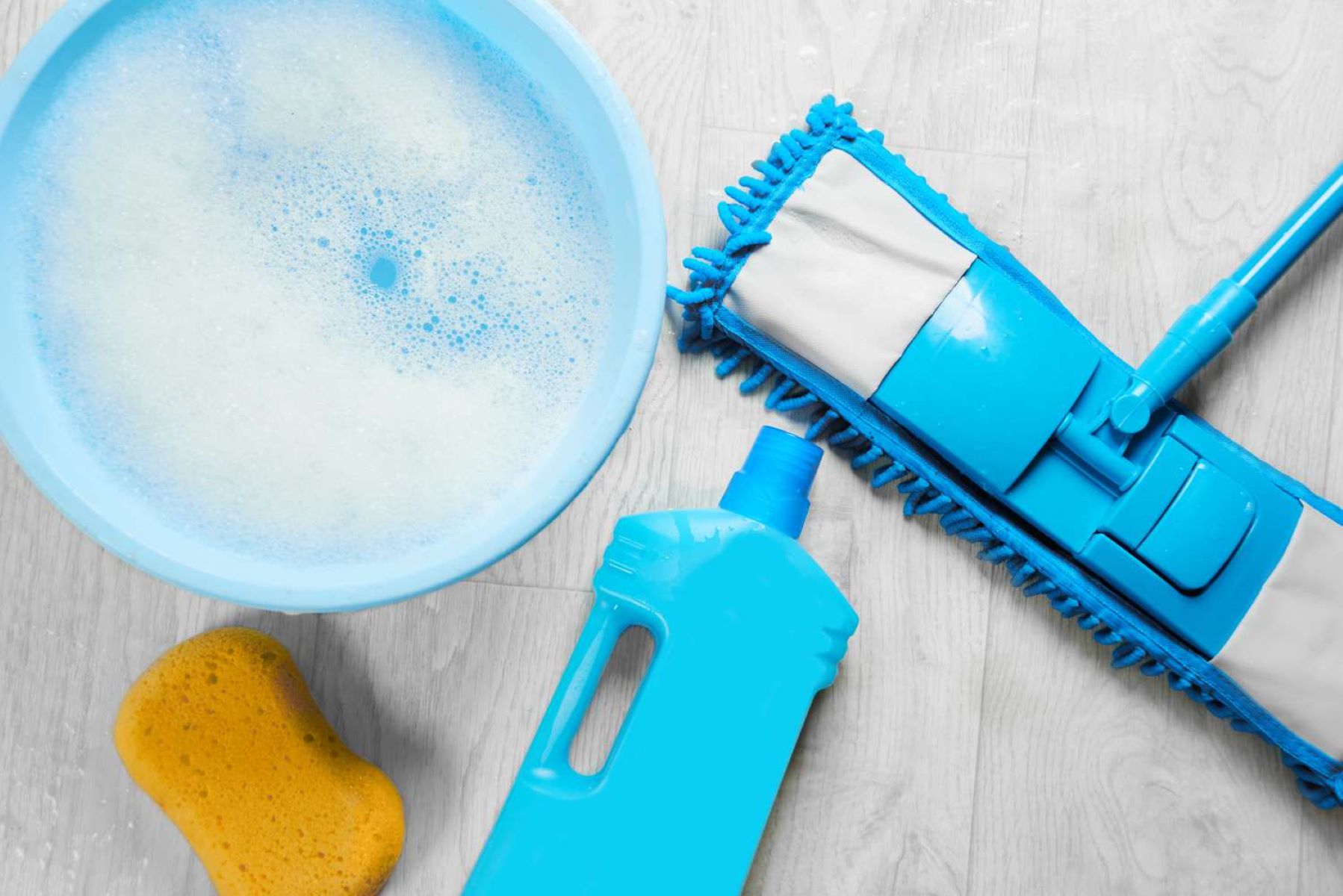
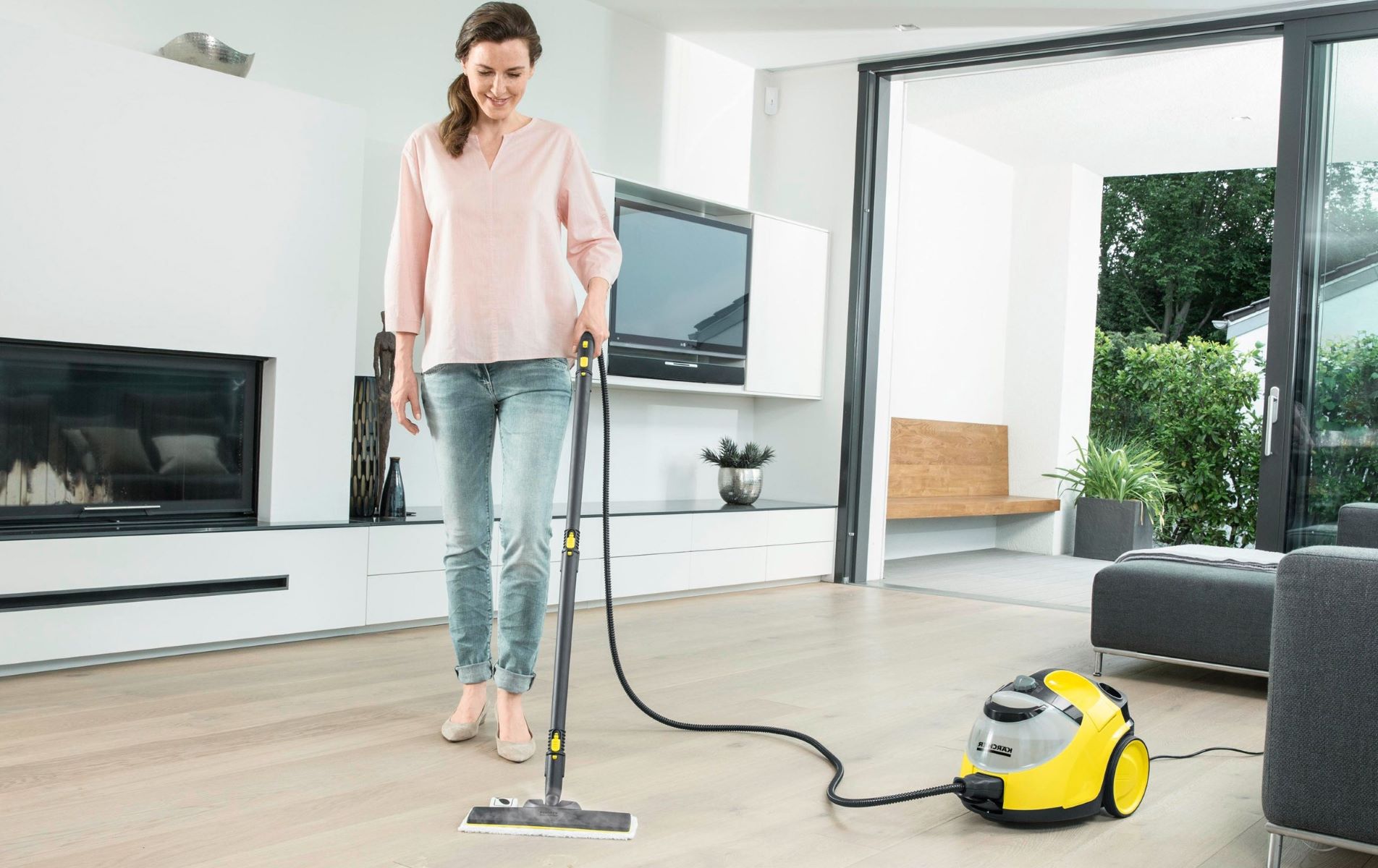
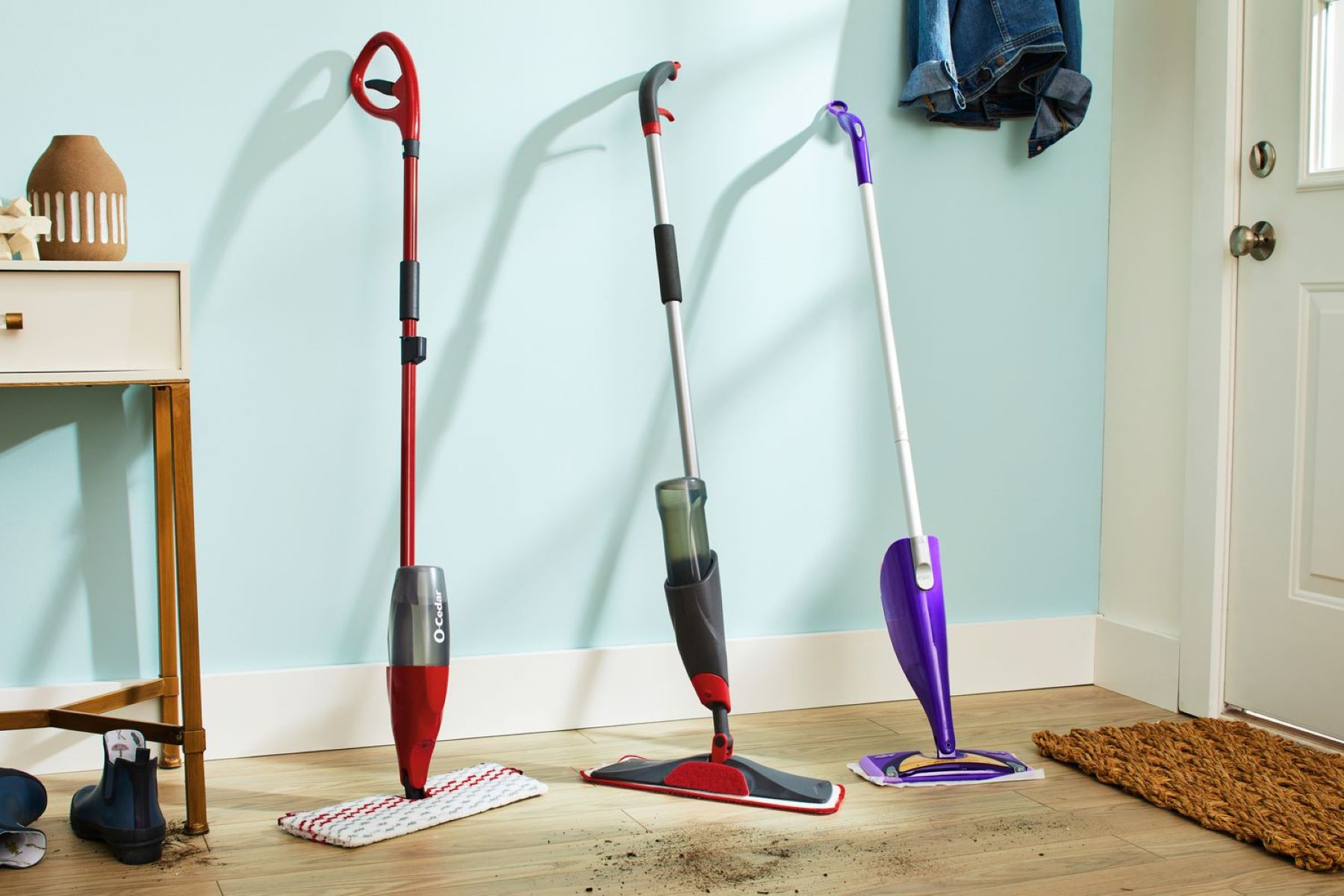
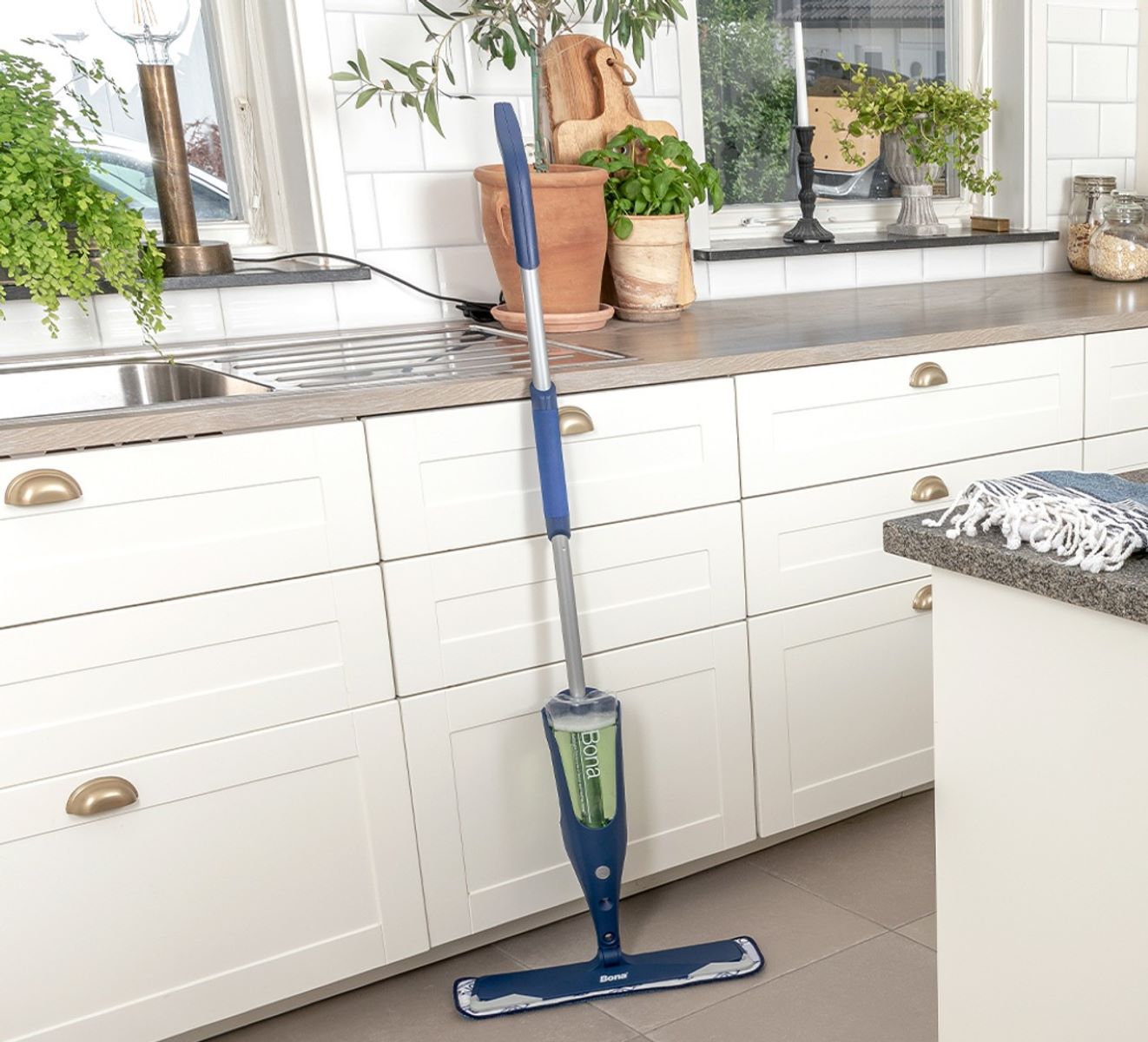
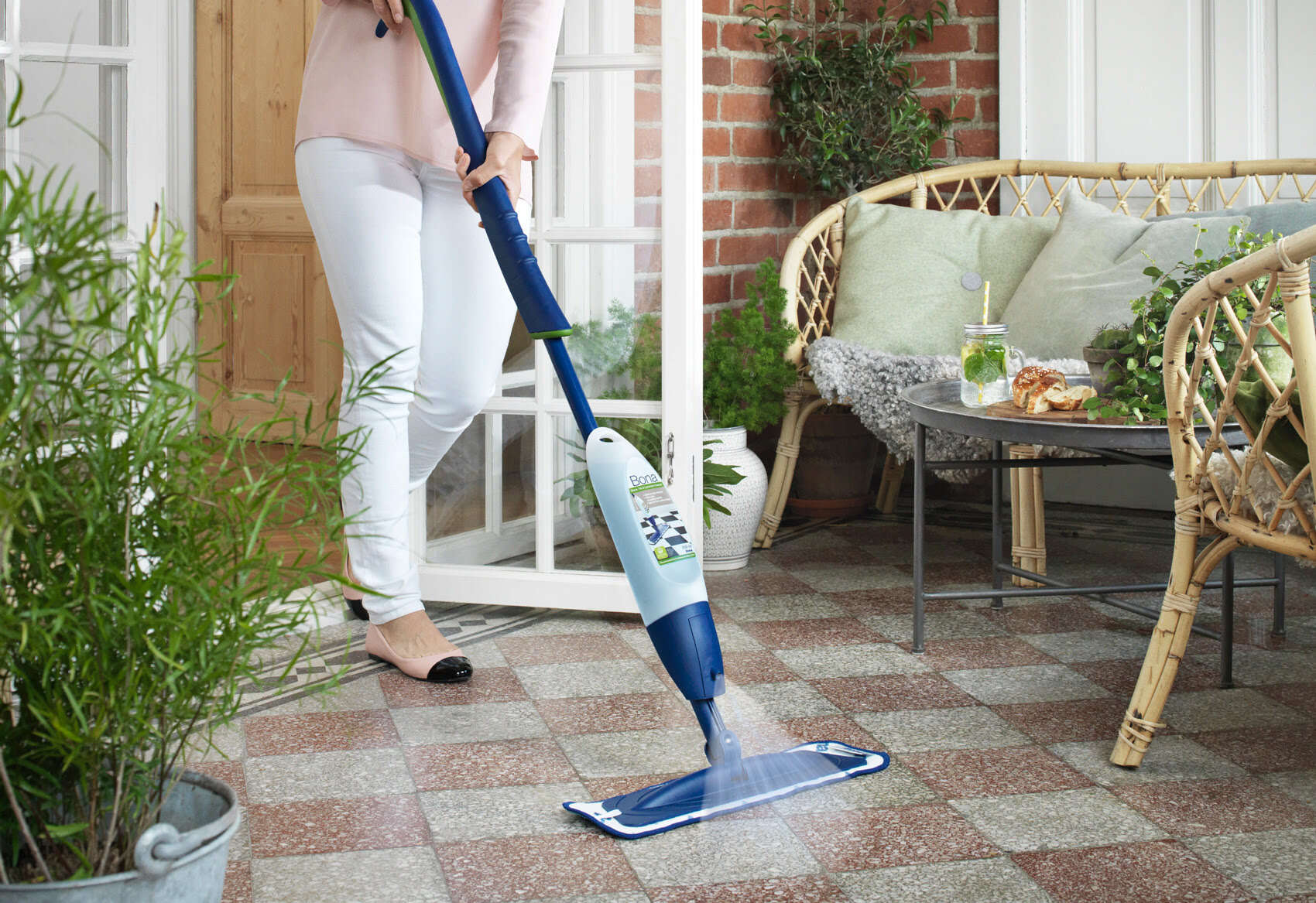
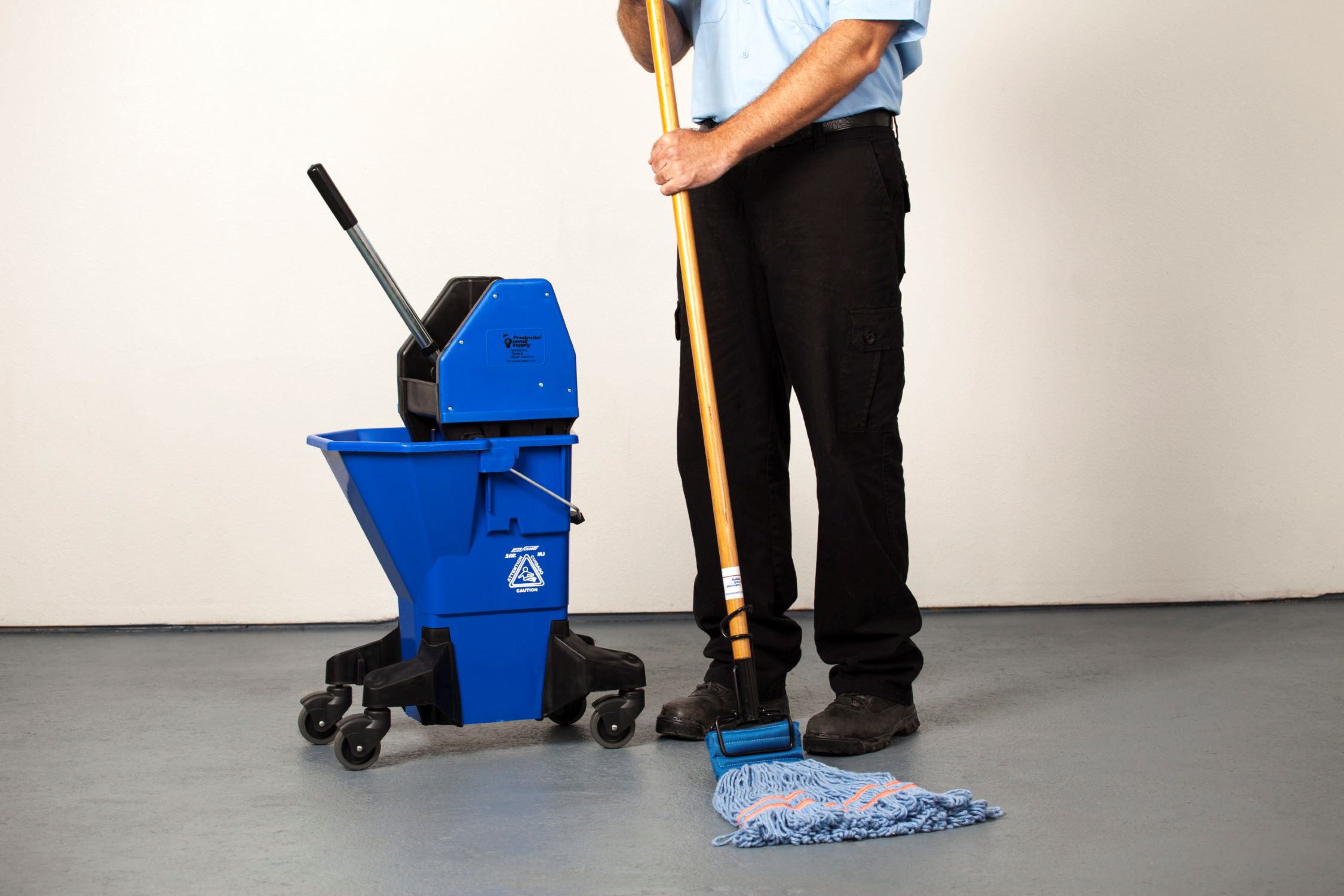
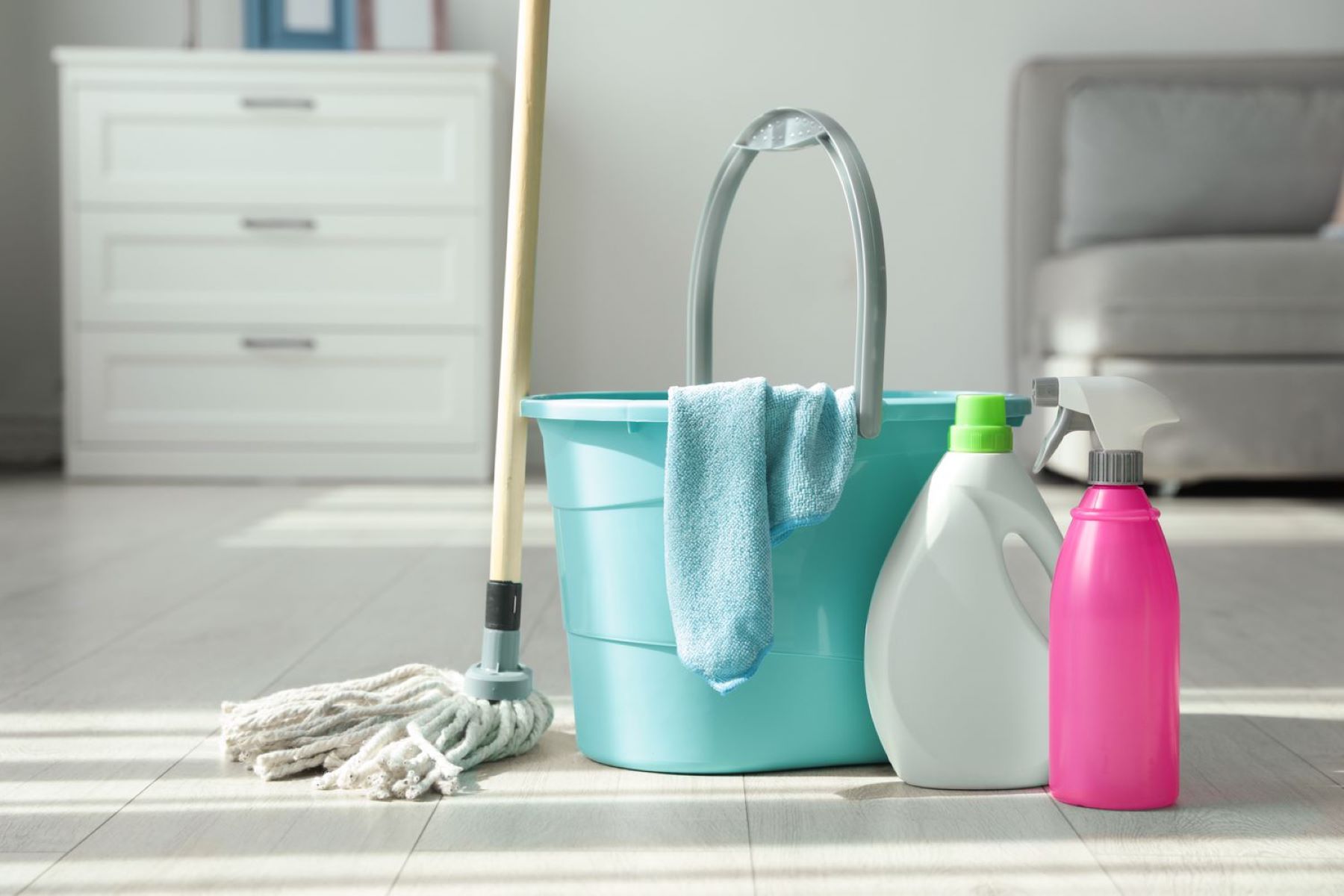
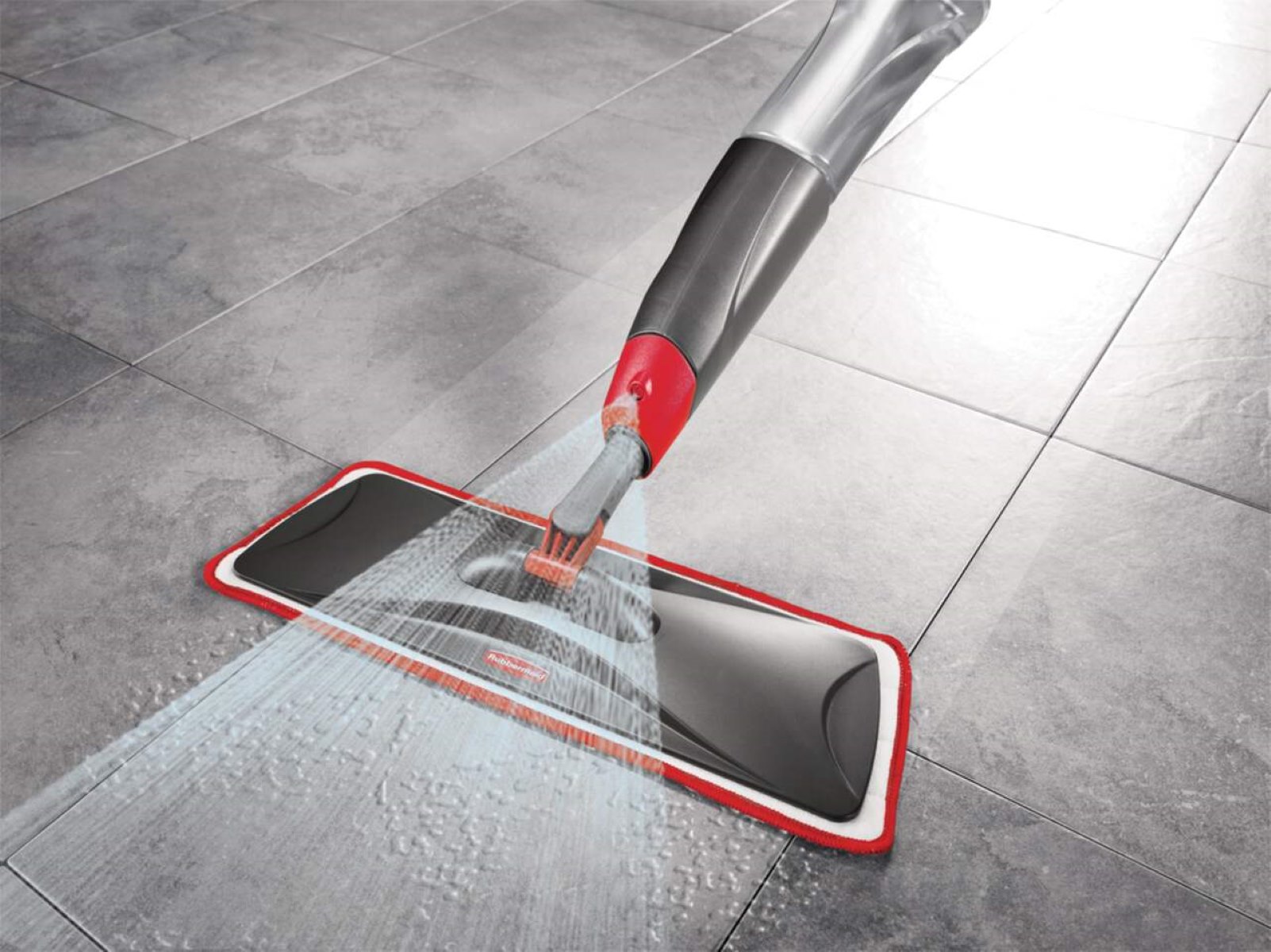
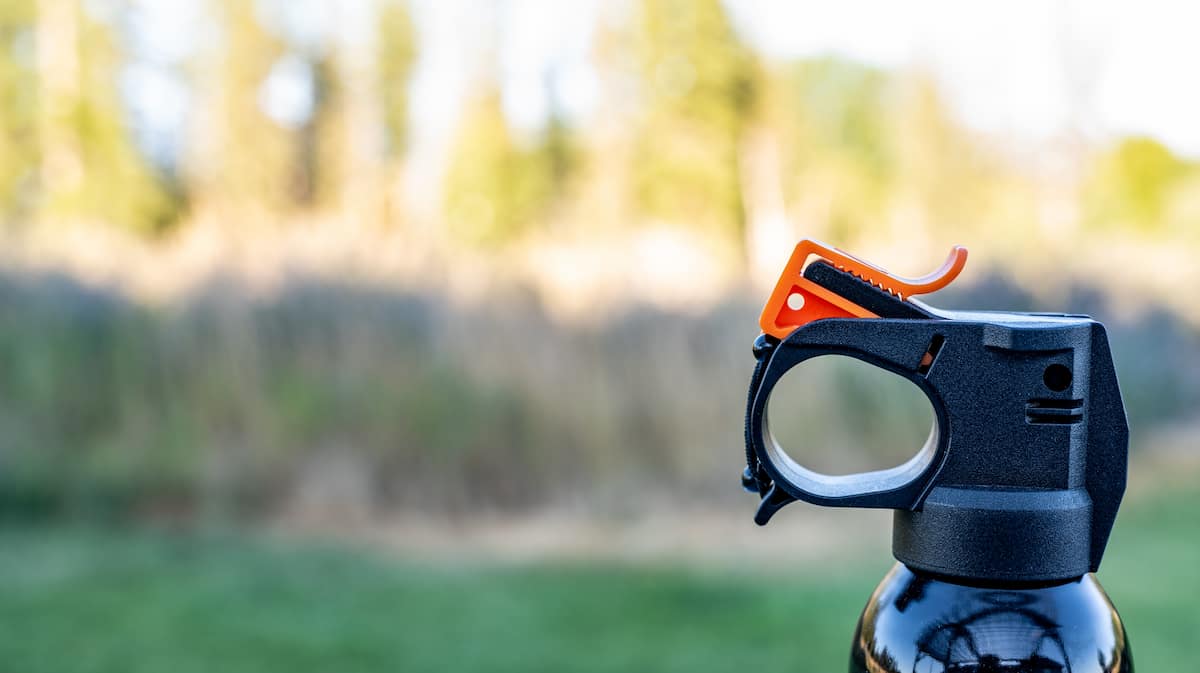

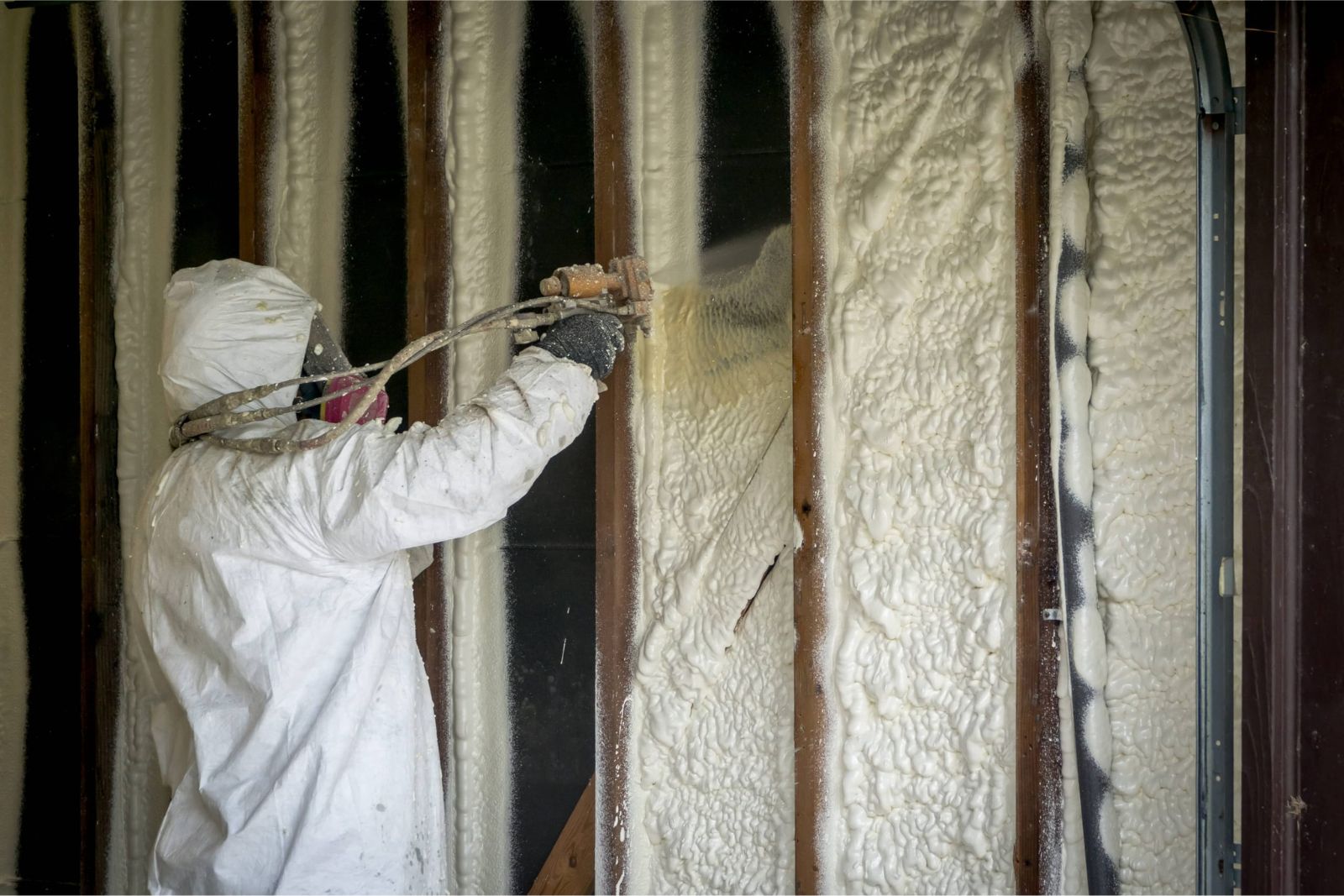

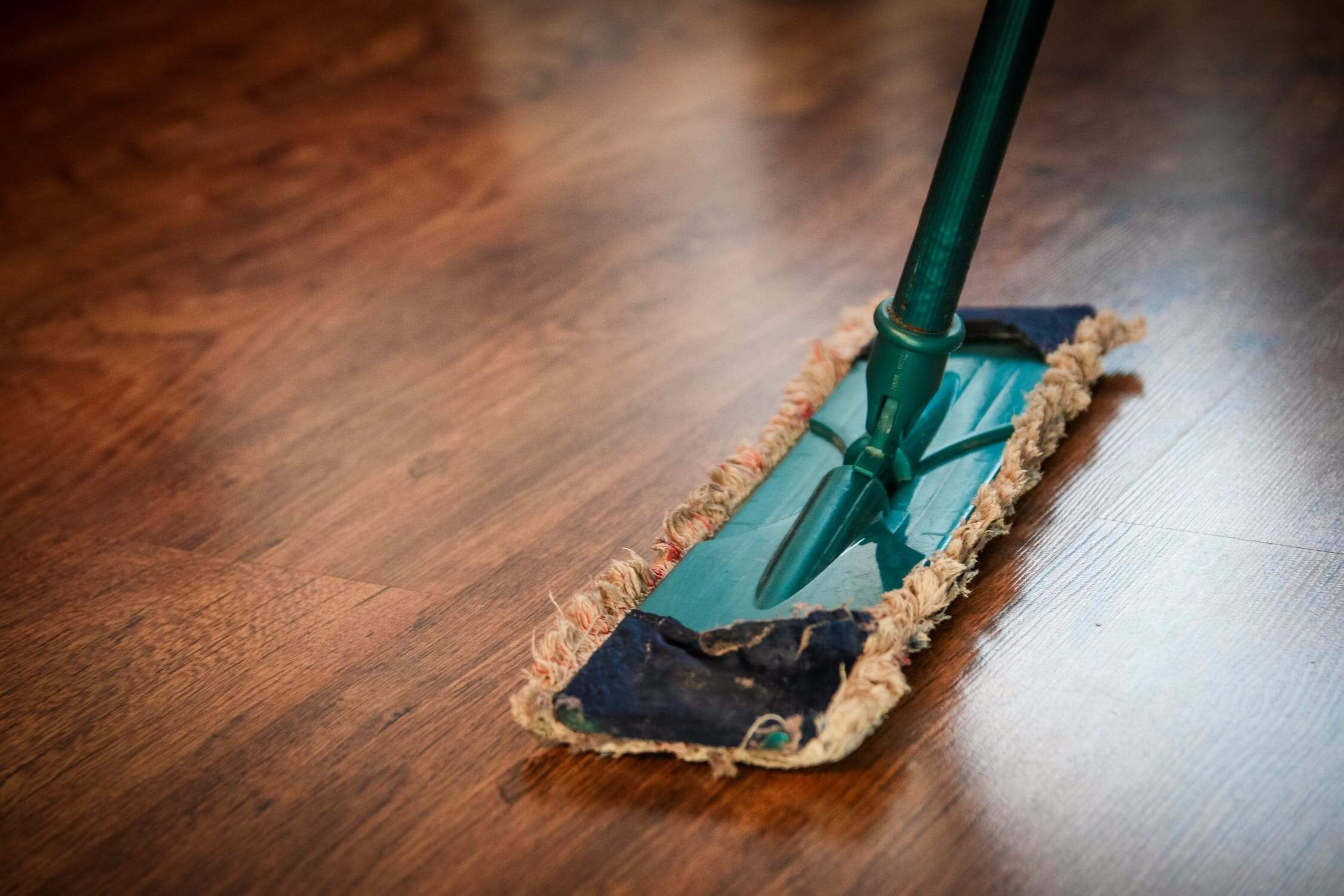
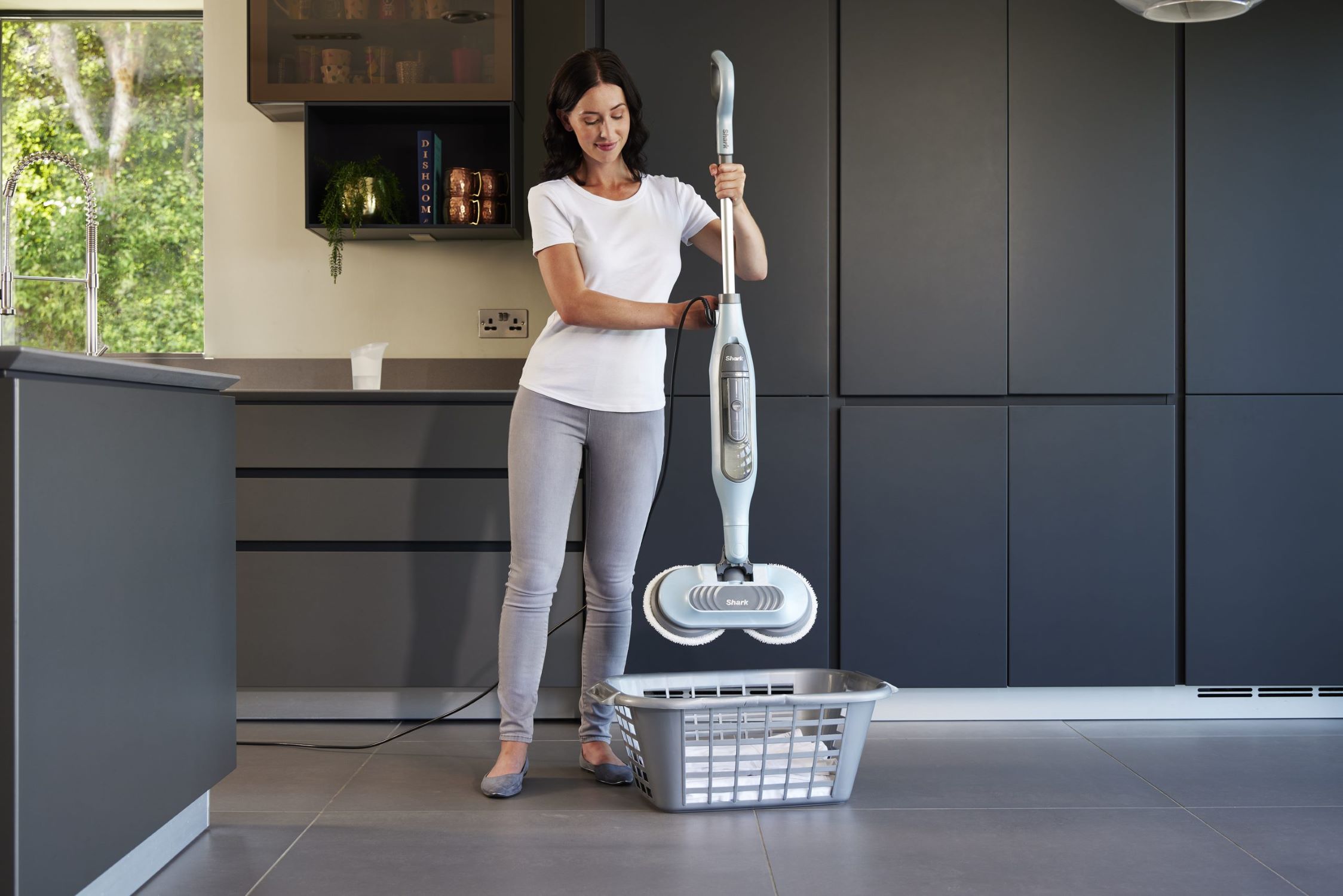

0 thoughts on “What To Put In A Spray Mop”